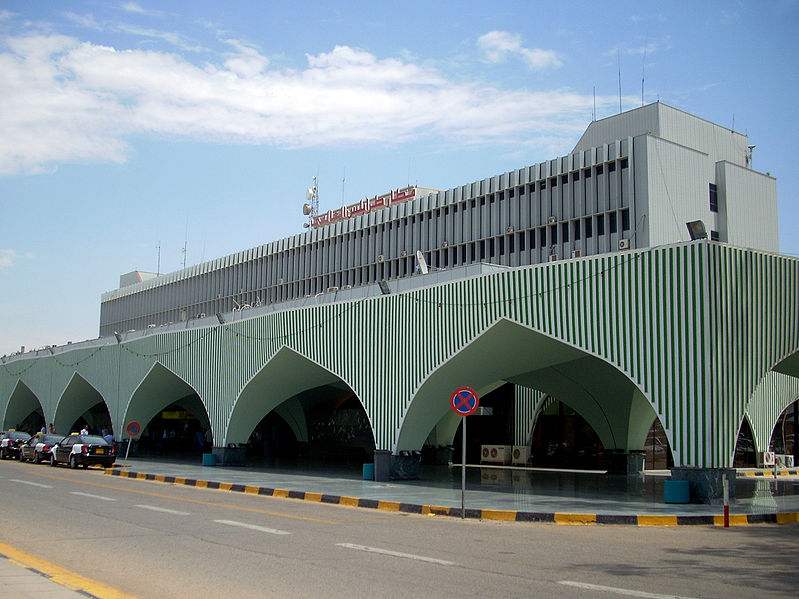By Libya Herald staff.
Tunis, 8 December 2015:
Saturday’s proposal by a group members from the House of Representatives and the General National . . .[restrict]Congress to appoint a national unity government has been condemned as a “last minute attempt to derail the UN driven process”. In a joint statement, ambassadors and special envoys from France, Germany, Italy, Spain, UK, US and EU also said that the agreement had been produced by a “very small” number of members from both bodies and the attempt would not succeed.
Moving to reassert the internationally-backed Libya Dialogue deal negotiated at Skhirat and the Government of National Accord produced by it, the ambassadors insisted that the deal was “the only way forward”. Sunday’s Rome conference on Libya, they added, would demonstrate the international community’s commitment to the country.
In a separate statement, the EU’s foreign affairs department reiterated its support for Kobler and the Skhirat deal.
Meanwhile UN Special Envoy Martin Kobler is to meet members of both the House of Representatives and the General National Congress who have been part of the Skhirat process on Thursday and Friday in Tunis in preparation for the Rome conference.
Under Saturday’s Tunis agreement, a 10-member committee from the HoR and GNC would appoint a prime minister and two deputy prime ministers (one from each house) and reintroduce an amended version of the 1963 Libyan constitution.
From the outset, the deal, which has the backing of the GNC leadership as well as a group of HoR members, has been widely seen both within Libya and internationally as a wrecking procedure. It has drawn some support – Libya’s Muslim Brotherhood have issued a statement endorsing it and Tunisian president Baji Caid Essebsi who met the two delegations on Sunday evening also initially appeared to commend it. However, it has come under attack from many HoR members and even members of the GNC now oppose it.
Questions are being asked as to its seriousness or feasibility. Observers point out the 1963 constitution was designed for a constitutional monarchy. When the point was put on Sunday by the Libya Herald to Awad Abdul Saddeq, the deputy GNC president who headed the GNC team in Tunis, he said that such matters would be decided by the proposed committee.
Observers also question, if the 1963 constitution were reintroduced, which body would be Libya’s parliament – the HoR or the GNC – and what would be done about security to ensure the government could operate in Tripoli. They also point out that there would be every likelihood of names for the PM and deputies chosen by the committee being instantly rejected by other HoR and GNC members.
However, the two teams responsible for Saturday’s agreement are sticking to it. The HoR team, headed by Benghazi member Ibrahim Amaish, was reported to have declared today that he was going to Rome to lobby for it at the conference. [/restrict]










